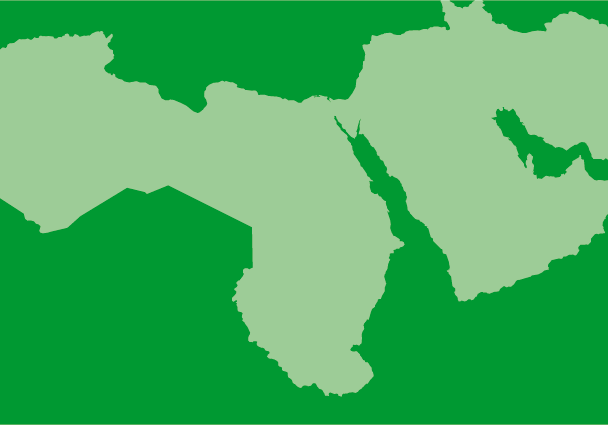The ICJ two-year study of the Iraqi legal system, entitled “Iraq and the Rule of Law,” pinpoints structural defects in the Iraqi system of justice, which can be considered as characteristic of similar one-party States.
For many years, the ICJ has been concerned with the human rights situation in Iraq. Long before the 1990 invasion of Kuwait, the ICJ brought the case of Iraq before the UN.
The Iraqi constitution provides that the Revolution Command Council is the State’s supreme body. It exercizes both executive and legislative powers by proposing legislation and passing administrative decrees. These decrees are not subject to judicial review and, in some cases, contradict the constitution itself.
According to the Iraqi constitution, for example, marriage is a “national duty” which the State must “encourage, facilitate and control” with a view to increase the number of children. In the 1980s, the Revolution Command Council issued several decrees which led to the break-up of families. For example:
- Revolution Command Council Decision No. 180 of 3 February 1980 stipulates that no foreign woman married to an Iraqi and who had resided in Iraq for five years prior to the promulgation of that decision could continue to reside there. She had to either declare her wish to acquire the nationality of her Iraqi husband or leave Iraq, even if she is the mother of small children.
- Revolution Command Council Decision No. 474 of 10 April 1981 stipulates that “The Iraqi husband of a woman of Iranian nationality shall be paid an amount of 4,000 dinars in the case of a soldier, and 2.500 dinars in the case of a civilian, if he divorces his wife or sends her out of the country.”
On 26 November 1993, the ICJ sent a draft of the study to the Iraqi government for comments. On 17 January 1994, the Iraqi government sent its response. The ICJ is pleased with this cooperation. The Iraqi comments are reproduced as an annex to the study.
By releasing this study, the ICJ demonstrates that a country’s constitutional order may have a negative impact on its human rights record. The ICJ reviewed Iraqi laws enacted up to the end of 1991, using the Arabic version of the Iraqi Official Gazette as its main reference source.
The study is available at the ICJ in Arabic, English and, shortly, in French.





